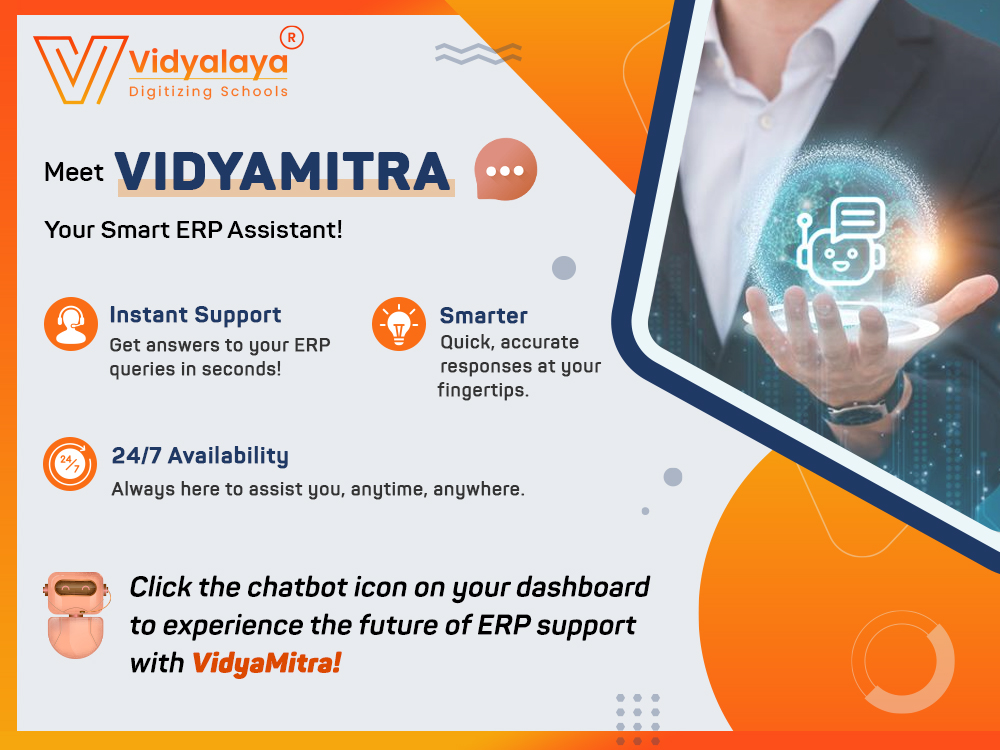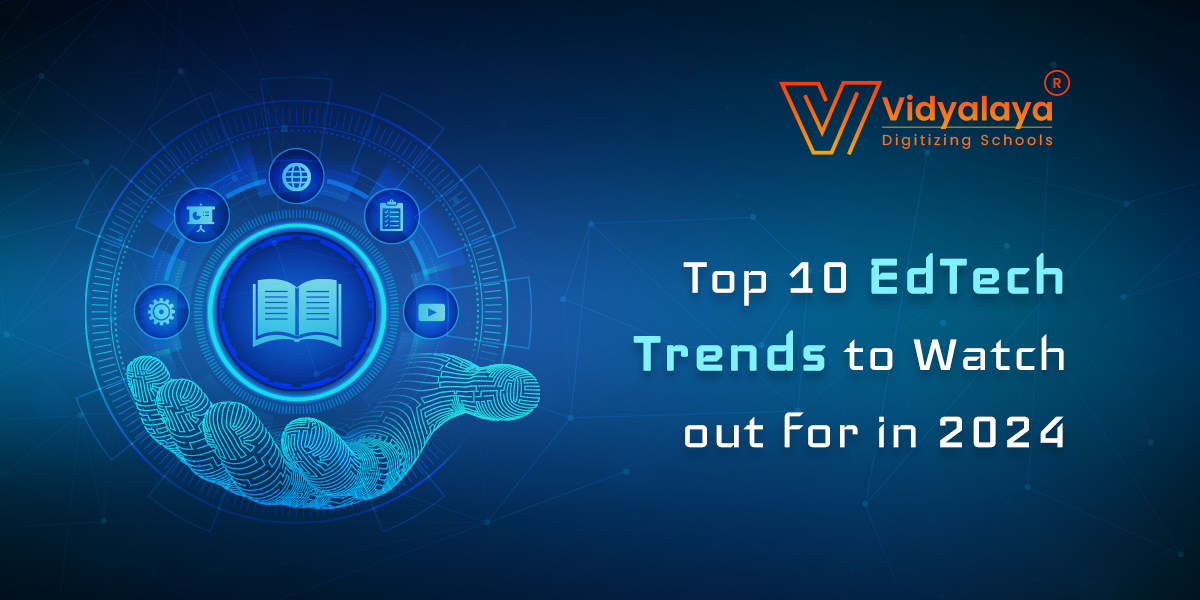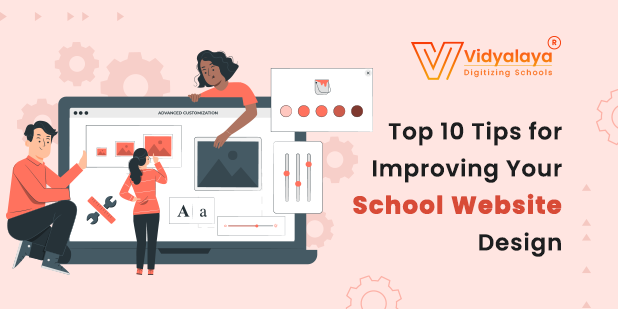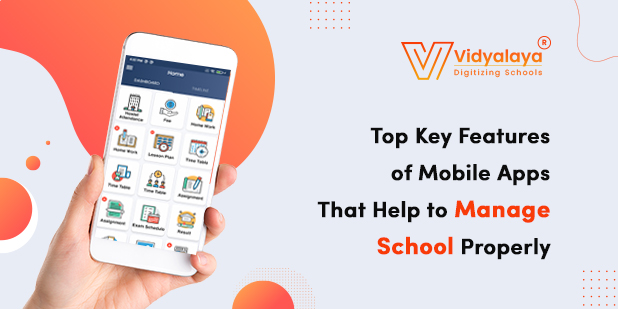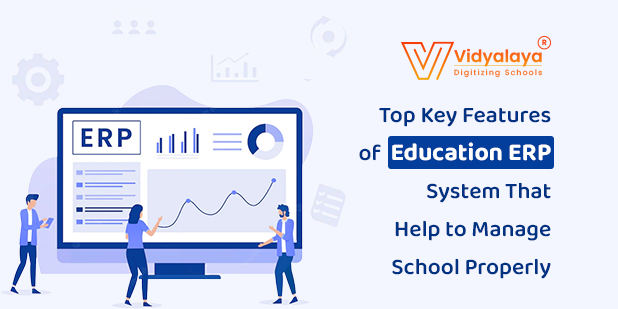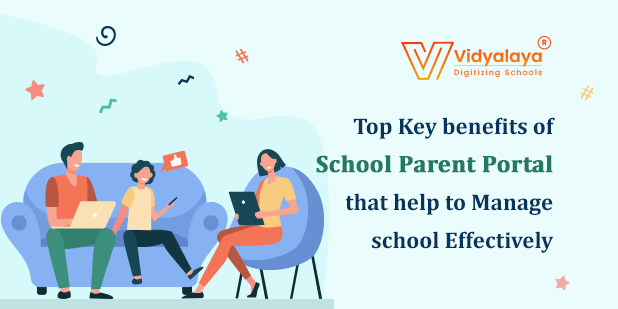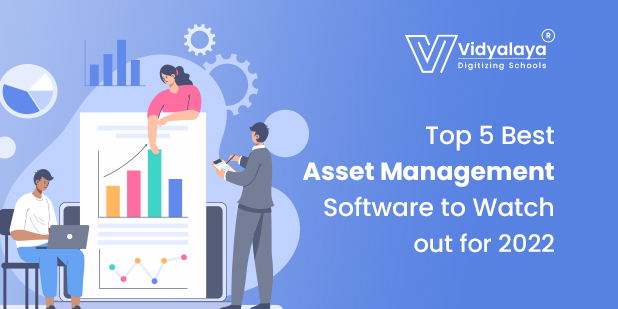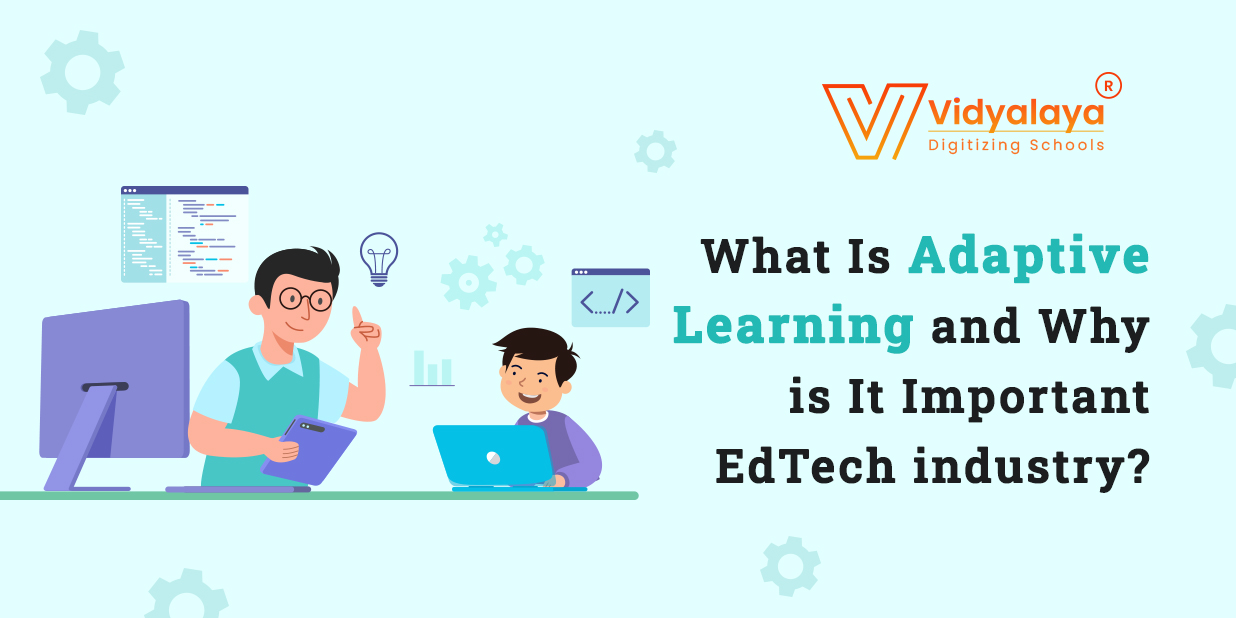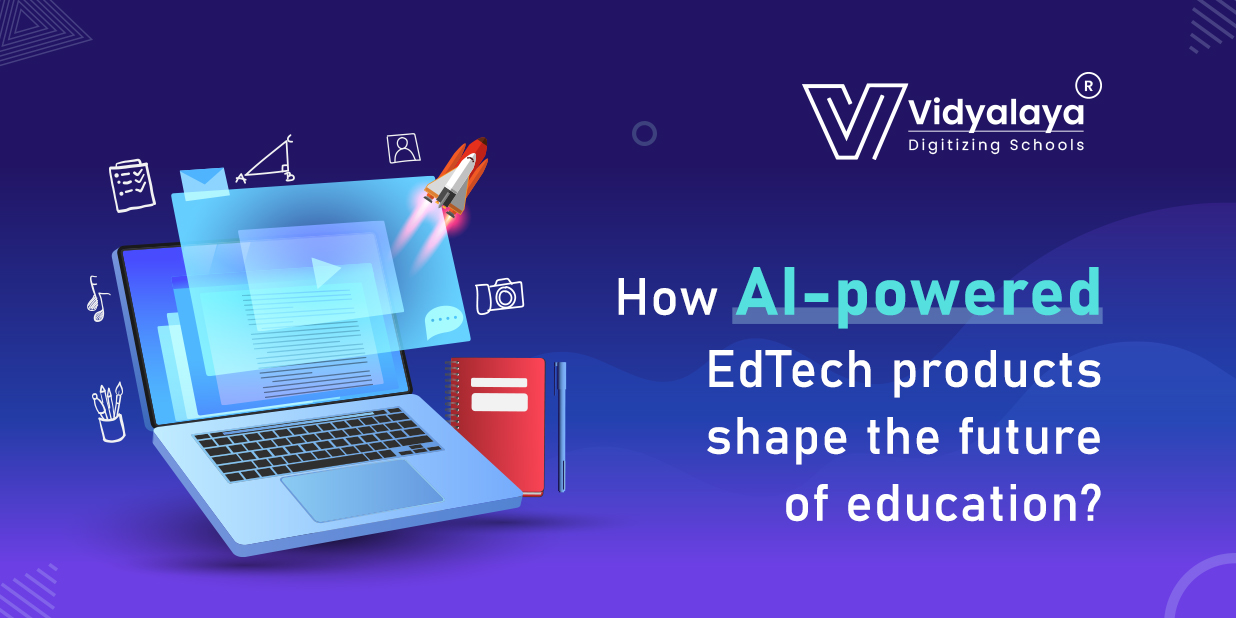Witnessing evolution in the education sector is a pleasant surprise. We have come a long way right from residence-based Gurukuls to home-based virtual learning, and from leaf writing to digital whiteboard screens. No wonder each phase overcomes flaws of earlier phases with technical advancements and introduces new features to facilitate stakeholders. Now, online classrooms, the use of learning management system, and school management systems have become the norm. But as time passes, we will see more advanced and feature-rich EdTech products that will transform educational workflows. Let’s traverse in the future to have glimpses of futuristic top 10 EdTech products in 2024!
1. Rise of Hybrid Model:
Blended learning experiences blend offline and online learning components and have become a popular trend in 2023, which will continue to be on top in 2024. Several Edtech companies are facilitating users for hybrid models to avail affirmative benefits of both online and offline learning methods. Advanced education ERP systems integrated with hybrid models can transform educational workflows and will be game-changers. The hybrid model offers features like effective cost reduction, improved efficiency, easy tracking, greater flexibility, and sheer joy of learning. As it combines the best of both worlds, the hybrid model has a great future in 2024.
2. Personalized Learning Using AI:
In 2023, we have seen how personalized learning benefits learning and addresses the issues with slow learning and remote learning. Year of 2024 is not an exceptional year and will continue to promote personalized learning. Additionally, the rise of Artificial Intelligence (AI) will impact the personalized learning and will give new dimensions. AI-based personalized learning will give adaptive material, in-built analytical tools, more engaged experiences so that learning outcomes are optimized. AI powered tutors, adaptive learning, automatic feedback systems are some examples of AI integration in personalized learning.
3. Gamification of Learning:
When monotonous learning material is presented in an engaging format, students are more likely to gain interest. Gamification of learning implements this belief and brings an X-factor in learning. Several advanced learning management software is now blending gamification to explore complex study material so that students can grasp it better. This increases student retention and encourages students to be active throughout the learning cycles. Some games are designed to improve teamwork, collaborative study, communication skills, and be a good social citizen.
4. Focus on Mental Health and well-being:
A great move in the education sector that addresses a serious issue is to focus on the mental health and well-being of students. In addressing this, school management provides resources for stress management, and social-emotional learning so that students can lead healthy and fulfilled lives, make informed decisions, and be responsible citizens. As poor mental health can have a detrimental impact on a student’s academic performance, educational institutes are more likely to invest in digital tools that can improve these factors.
5. Data Analytics:
Using data to make learning better is not a newbie. But analysis of this enormous data and finding patterns and trends is trending nowadays and is called data analytics. Data analytics has become an integral part of almost all learning management software, that will improve administrative decision-making and organizational resource allocation. This integration can yield identification of accomplishments and interventions to ensure meeting of learner’s needs through proper data collection, accuracy, analysis and interpretation.
6. Immersive Learning:
With Augmented Reality and Virtual Reality (AR & VR), the education sector will reach to next heights. This can be used to create interactive simulations so that students can explore complex concepts in an engaging and environment. Blending this technology in a learning management system can show a positive effect on student engagement and learning, motivation, and creativity. Simulation of complex scenarios will help students to apply their knowledge in realistic scenarios and bridge the gap between theory and practice.
7. Microlearning:
In the era of few seconds reels and shorts, the education sector cannot be an exception to this luring trend. Microlearning divides the learning content into bit-sized (3-5 minutes) pockets that will focus on a specific learning outcome. It is observed that microlearning is beneficial in absorbing information, addressing a single learning objective at a time. In the future, it’s focused and engaging learning experiences will make microlearning a perfect fit for future education.
8. Remote Proctored Exams:
Exams are an integral part of the learning cycle and offline exams are now an old-school concept. To overcome flaws of offline exams, online exams are introduced. The remote proctored exams eliminate flaws of offline exams such as cost utilization, possibilities of bias, and less accuracy. Nowadays, education ERP systems are integrated with AI and remote proctoring features, location constraints are eliminated. Using this, educational institutes can facilitate students to appear for exams from any remote location in a robust environment. In 2024, it is anticipated that remote proctoring exams are going to be in trend to digitalize the conventional way of conducting exams.
9. Chatbots:
We are already familiar with chatbots in our daily lives. Now in the education sector also, chatbots are expected to be a daily part of students’ lives. With chatbots integrated learning management software, students will get their personal tutor 24/7, which is always there to help in tailored learning styles. Also, chatbots will reduce the administrative workload by serving as reliable companions. The simulation can be used to answer inquiries, provide feedback, provide study tools, and personalized learning.
10. Collaborative Learning:
Collaborative learning refers to a learning approach in which students collaborate to achieve a common learning goal. It empowers teamwork, leadership, communication skills, and active participation in students. This all is blended into products like learning management system to implement various learning activities, collaborative group activities, group discussion, feedback and assessment activities. In 2024, the trend of collaborative learning is expected to continue with the help of AR and VR.
Closing Thoughts!
As we step into 2024, EdTech products are not just evolving, but they are major contributors to one of the biggest revolutions in this sector. The year is expected to help expedite the adoption and implementation of online modes for imparting education. We have also witnessed exceptional changes in 2023 like the learning management system, school ERP, virtual classes, etc. that are going to continue in 2024. Vidyalaya, an EdTech Unicorn company in India and global education platform that focuses on providing solutions for K-12 schools and colleges in diverse subjects and disciplines.
Our array of online learning programs focuses on digitalizing education, along with adaptive learning solutions. Our expertise with technological advancements will surely keep you ahead on this progressive journey. Stay tuned to see our products from the future inside your campus!

